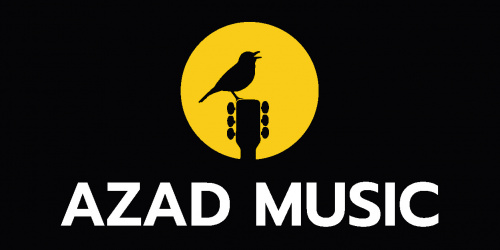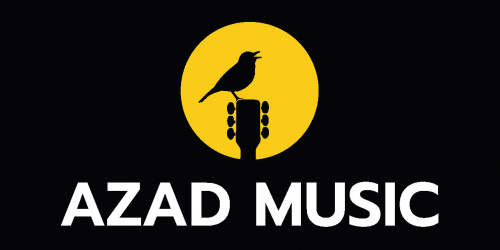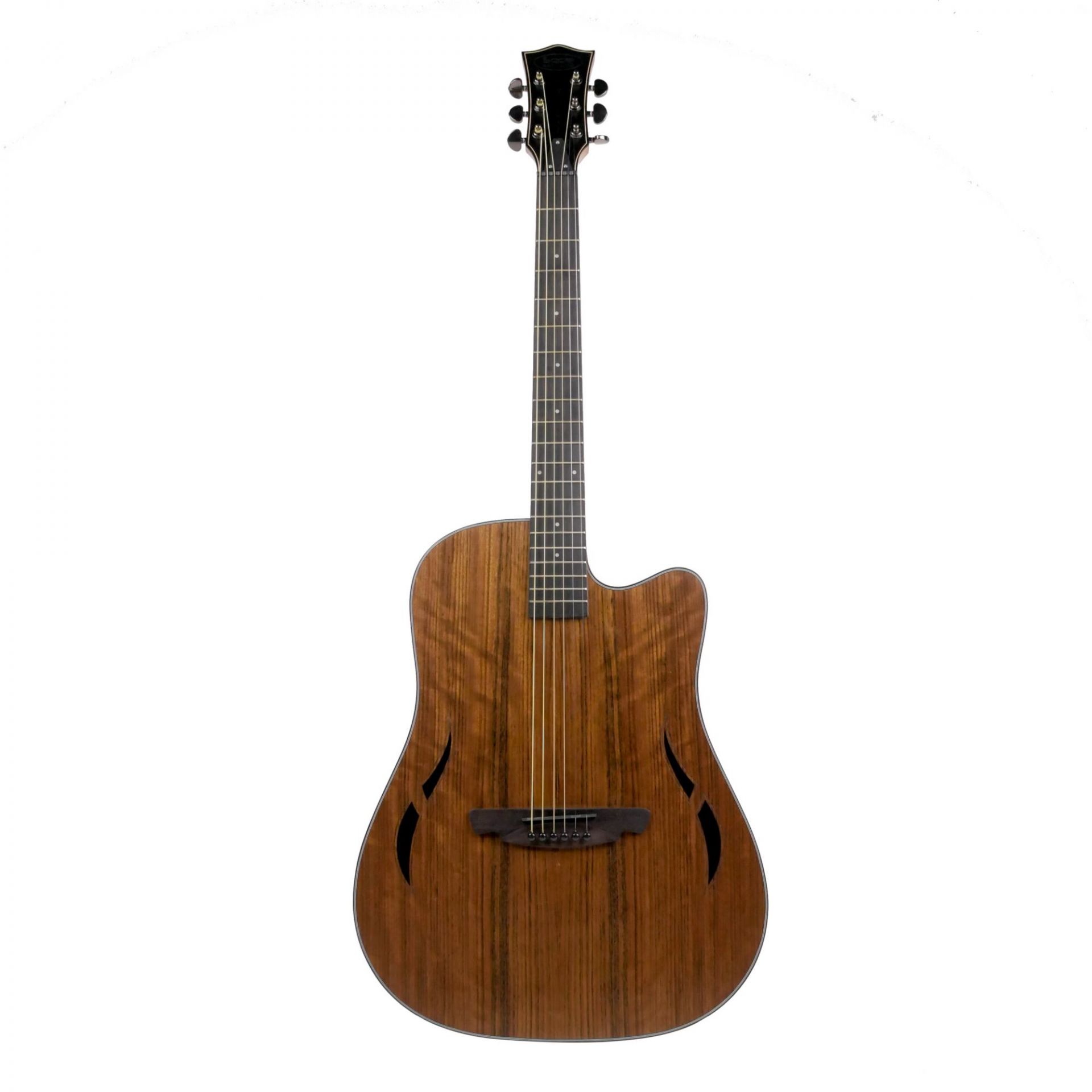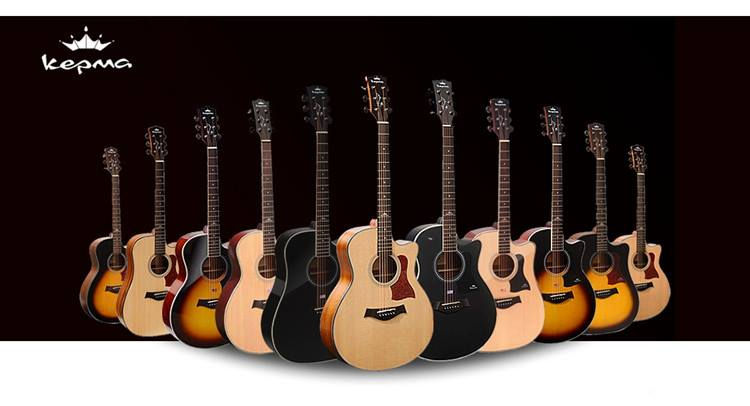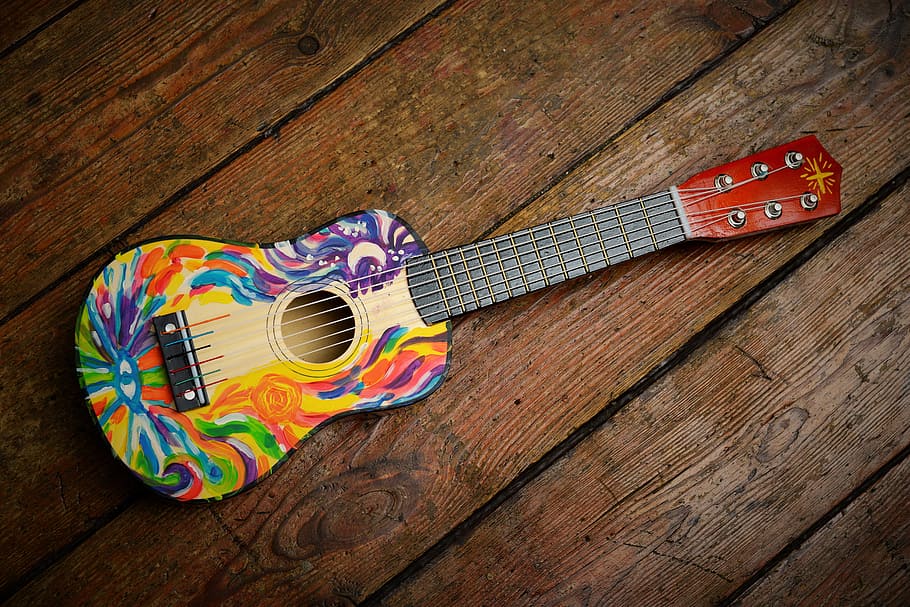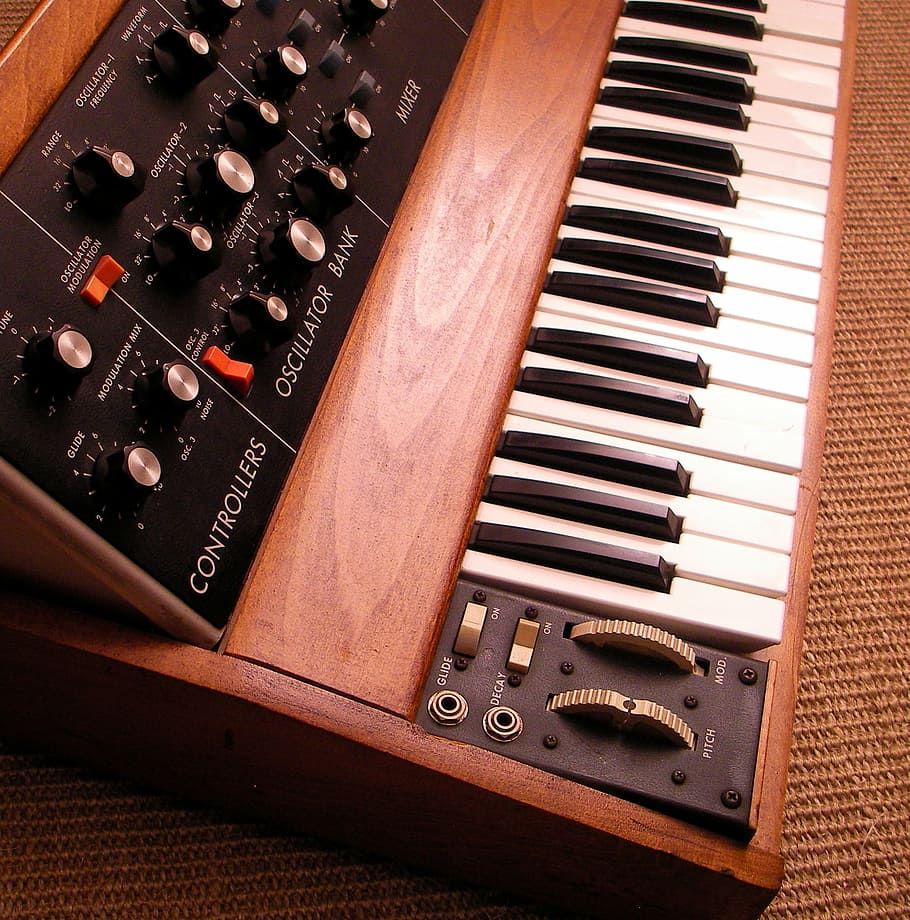
The Ultimate Guide for Choosing the Perfect Guitar as a Beginner
Are you looking to learn how to play the guitar, but have no clue where to start? Choosing the right guitar can be a daunting task, especially if you are a beginner. With so many options out there, it can be overwhelming to decide which one is the best fit for you. In this blog post, we will be discussing the factors you should consider when choosing a guitar as a beginner. From body shape to string type, we've got you covered. By the end of this post, you'll have a better understanding of what to look for when choosing your first guitar and be one step closer to strumming your favorite tunes. So grab a cup of coffee, sit back, and let's dive in!
1. Types of Guitars
Acoustic guitars are one of the most versatile and accessible instruments out there. They're affordable, easy to use, and perfect for beginners trying to learn how to play. Whether you're into country, folk, rock, or anything in between, an acoustic guitar is a fantastic way to learn the basics of guitar playing. Not only can they be played anywhere, but they're also super portable, which means you can take them with you wherever you go. Whether you're just starting or looking to upgrade your skills, an acoustic guitar is an excellent choice for anyone wanting to learn the guitar. So why not give it a try?
Electric guitars, while more expensive, offer a wider range of sound and tonal options. But for beginner guitar players, there are more affordable options that still provide excellent sound quality. For instance, acoustic guitars are great for beginners as they are easier to handle and maintain. Additionally, learning to play on an acoustic guitar will give the player a good foundation in terms of finger strength and dexterity. It's also a more versatile option as it allows the player to perform in various genres of music. Overall, regardless of the type of guitar, the most important thing for a beginner is to practice consistently and set achievable goals in order to improve their skills.
All in all, beginner guitar players should consider a classical guitar when selecting their first instrument. This type of instrument has nylon strings rather than steel and are easier on the player's fingertips. Plus, taking classical guitar lessons can be beneficial to developing good proper technique from the start. With a little bit of patience and dedication, even the most inexperienced players can soon be playing beautiful chords with this classic yet versatile instrument!
2. Guitar Features to Consider for Beginners
Guitar is a beautiful musical instrument that is not only perfect for a solo player but also suitable for performing with a band. However, if you are new to playing the guitar, it may seem daunting at first. One of the most important things to consider when buying a guitar is the string action. Look for guitars with lower string action, meaning the strings sit closer to the fretboard, making it easier for beginners to press down on the strings. This allows you to maintain better control while also avoiding sore fingers. It is also vital that you choose an appropriate size guitar to prevent any discomfort or strain on your hands and fingers. So don't rush into buying the first guitar you see, take your time to find the right one that suits your needs and preferences.
Also, while selecting a beginner guitar, consider taking a look at the width of the neck. Typically guitars with narrower necks can make it easier for beginners with smaller hands to grasp chords and move around the fretboard. Therefore, opting for a guitar with a narrower neck is beneficial for those just starting out on their guitar-playing journey.
3. Budgeting for Your First Guitar
Before buying a beginner guitar, it is crucial to set a budget and stick to it. This will ensure that you don't overspend and can focus on finding a guitar that meets your needs without breaking the bank. Keep in mind that when it comes to beginner guitars, there are plenty of high-quality options available at affordable prices. Avoid buying a guitar solely based on its appearance or brand name – instead, focus on the sound quality, playability, and durability. Remember, you can always upgrade to a more advanced guitar once you've gained experience, so don't feel pressured to buy the most expensive model right away. Take your time, do your research, and choose a beginner guitar that fits your budget and playing style.
In conclusion, if you're just starting out on guitar, it's understandable to not want to commit to an expensive instrument right away. Consider instead purchasing a used guitar or looking for sales online or in music stores to find a more affordable option which still provides quality sound. That way, you can learn the basics of playing while being mindful of your budget.
5. Strings Matter
Different types of guitar strings can greatly affect the sound of the guitar. If you're a beginner, it's important to experiment with different sets of strings to find out which one is the best fit for you. The most common types of guitar strings are made of steel and nylon. Steel strings are usually louder and brighter, while nylon strings tend to be softer and warmer. Another important factor to consider when choosing guitar strings is the gauge, or thickness. Lighter gauge strings are easier to play and better for beginners, while heavier gauge strings are more challenging to play but produce a fuller sound. So, if you're looking to improve your guitar playing skills, start by experimenting with different types and gauges of guitar strings until you find the perfect fit for you.
Next, it is essential to find a guitar that fits both your budget and playing style. New or used, electric or acoustic – there are lots of options out there and it can be intimidating to know where to start. Nonetheless, with patience and perseverance, you can find the right beginner guitar for you that will yield great results if you take the time to experiment with different string gauges.
6. Care and Maintenance Tips for a Beginner's Guitar
Guitar is a great instrument to pick up for anyone who's starting out with music. As easy as it may seem, learning to play the guitar requires consistent practice and maintenance. One of the essential things to be done is to clean the guitar regularly with a soft cloth. Dirt and sweat buildup on the strings, fret board, and body can interfere with the sound quality and even affect its playability. By cleaning the guitar routinely, you can keep it in excellent condition and help prolong its lifespan for years to come. Additionally, wiping down the guitar after each playing session can remove any oils and debris that may have accumulated during use.
If you just picked up the guitar for the first time, you might feel overwhelmed by the sheer amount of knowledge required to play like your favorite musicians. But, don't worry, everyone starts somewhere. As a beginner, it's important to start with the basics like storing your guitar in a cool, dry place away from direct sunlight and extreme temperatures to prevent warping or cracking. Another crucial aspect to focus on when starting to play the guitar is developing good habits when it comes to posture and hand positioning. Once you have that down, you can confidently move on to learning beginner guitar chords and simple strumming patterns to get you started on your musical journey. Remember, practice makes perfect and with time and dedication, you'll be playing those songs you love in no time.
All in all, the most important factor when it comes to playing guitar as a beginner is making sure your instrument is always in tune. To ensure this, it's important to tune your guitar regularly and also make sure you loosen the strings when not in use for long periods of time. This will help maintain proper tension within the strings as well as allowing them to last longer.
Click Here to explore the variety of guitars on Azad Music.
-
? Exciting News! Azad Music Introduces SQOE Guitars to India! ???
February 17th, 2024 -
Beginner's Delight: Which Kepma Acoustic Guitar Should You Choose?
November 18th, 2023 -
June 4th, 2023
